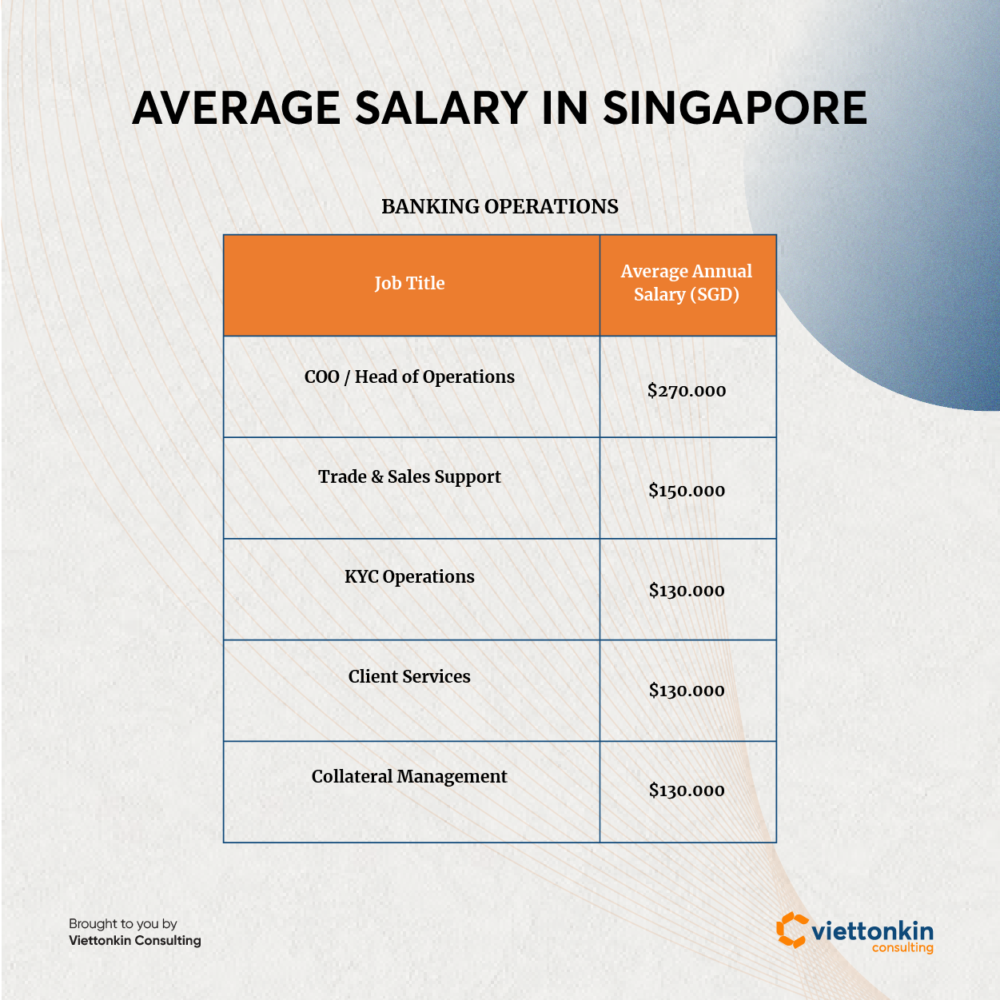
What is the correct way to make a LinkedIn headline. Your headline should be outcome-oriented and not product-oriented. This will allow you to convey your expertise, build credibility, and increase credibility. It should also include your most recent job title and the name of your company. Then, mention your unique selling points. Here are some tips that will make your headline stand out. Let's see some examples. A headline on LinkedIn should include your job title, current position, and company name. The headline should be compelling and call to actions.
LinkedIn headlines are more outcome-oriented than product-oriented
To stand out among your competitors, use the word 'outcomes' in your headline. You should think about the experience your potential customer will have after working with us. Does your headline talk to their experience? Does it communicate your expertise? Will it get them to choose you over the other candidates? If you're a consultant or a writer, your headline should reflect what makes you stand out from them.

Rosi Ross's LinkedIn headline, for example, focuses on her digital media experience. This title grabs people’s attention and drives interest in her profile. After writing this headline, she moved to the USA. She also includes her job title to draw attention. This strategy was successful in landing her a lucrative job at the USA.
They increase credibility
Your headlines need to communicate clearly what you want, convey your value, and motivate action. It is possible to use catchy headlines that include a unique word or rhyme, but they should not be distracting from your value proposition. Here are some ways to create a compelling headline for LinkedIn.
You can make people connect with you by choosing a title that highlights what you do best. Make sure you include your job title. Instead of focusing on the job title, focus on the employee and your call-to-action. Because students don't have work experience, it may be difficult for them to create a compelling headline.
They lack a call to action
LinkedIn users detest headlines with no call-to-action. Your headlines must be more engaging and persuasive in order to encourage people to read your content. Here are some bad headlines.

LinkedIn headlines should contain keywords or phrases that employers use when searching for potential employees. To describe my business, I used the words'marketing' and'sales' in the following example. I also ensured that at least three keywords were included in my profile to help people find me when they search for my role. These keywords are essential to your LinkedIn profile. These keywords are crucial to your LinkedIn profile if you want recruiters to find you.
FAQ
How do I choose a consultant?
There are three major factors you should consider:
-
Experience - How many years of experience is this consultant? Is she a beginner, intermediate, advanced, expert, or something else? Does her resume show that she has the necessary skills and knowledge?
-
Education - What did this person study in school? Did he/she continue to take relevant courses after graduation? Are we able to see evidence of his/her learning through the way he/she writes
-
Personality - How do we feel about this person? Would we hire him/her to be our employee?
-
The answers to these questions help determine if the consultant is right for our needs. If you do not have the answer, it is worth interviewing the candidate to find out more.
What is a consultant anyway?
A consultant is someone who provides services for other people. It's not a job title. A consultant is a role that helps others achieve their goals. You do this by helping them understand their options and helping them make the right choices.
Consultants can help you solve problems or overcome challenges when working on projects. They offer guidance and advice about how to implement such solutions.
Consulting should be able address questions related to law, finance and technology.
What can I count on from my consultant to help me?
When you choose your consultant, they should respond within a few working days. They will often ask about your company's mission, goals and products. Then, they'll send over a proposal outlining the scope of work, estimated time frame, fees, deliverables, milestones, etc.
If everything goes as planned, then both parties will agree to a written contractual agreement. The type relationship between the two sides (e.g. employee-employer or independent contractor-employer) will dictate the terms of the contract.
If everything goes smoothly, the consultant can begin work immediately. You will have access both to your documents and internal resources and the consultant's skills and knowledge.
Don't think that consultants are experts. It takes time and practice to become an expert on any subject you consult. So, don't expect your consultant to know everything about your business.
What industries employ consultants?
There are many types and styles of consultants. Some are specialists in one type or another of business.
While some consultants only work for private companies, others represent large corporations.
And some consultants work internationally, helping companies all over the world.
How can I be a successful consultant?
Find an area that you are passionate about. You must then build relationships. It is important to understand the needs of clients and their business. And finally, you must deliver results for them.
While you don’t necessarily have to excel at every task, you should be better than all the rest. You must also have passion for your work. It doesn't suffice just to say "I'm going be a Consultant." You have to believe in yourself, and in what you are doing.
What are the benefits to being a consultant?
Consultants can often choose the hours and topics they work on.
This means you can work whenever you like and wherever you wish.
It means that you can change your mind easily without worrying about losing your money.
Finally, you can control your income and set your own schedule.
Statistics
- WHY choose me: Why your ideal client should choose you (ex: 10 years of experience and 6-week program has helped over 20 clients boost their sales by an average of 33% in 6 months). (consultingsuccess.com)
- So, if you help your clients increase their sales by 33%, then use a word like “revolution” instead of “increase.” (consultingsuccess.com)
- Over 50% of consultants get their first consulting client through a referral from their network. (consultingsuccess.com)
- Over 62% of consultants were dissatisfied with their former jobs before starting their consulting business. (consultingsuccess.com)
- According to statistics from the ONS, the UK has around 300,000 consultants, of which around 63,000 professionals work as management consultants. (consultancy.uk)
External Links
How To
How to start a consulting company and what should I do first?
A consulting business is a great way of making money online. You don’t need to have business experience or invest capital. A good place to start your own consulting company is to build a website. Once you have a website built, you can start using social media platforms such Instagram and Pinterest to spread the word about you services.
You can use these tools to put together a plan for marketing that includes:
-
Content creation (blogs).
-
Establishing relationships (contacts).
-
Generating leads, also known as lead generation forms
-
Selling products via ecommerce websites
Once you've created your marketing strategy, the next step is to find clients who are willing to pay you for your services. Some prefer to connect with people through networking events. Others prefer to use online resources like Craigslist and Kijiji. You have the freedom to choose.
Once you've found new clients, you'll want to discuss terms and payment options. These could be hourly fees, retainer arrangements, flat-fee contracts, or other types of fees. Before you accept a client, you need to know what you expect so that you can communicate clearly all through the process.
Hourly agreements are the most commonly used contract type for consultancy service. You agree to offer certain services at a fixed fee each month or every week. You may be eligible to negotiate a discount, depending on the service that you offer. You must fully understand the contract you're signing before you agree to it.
Next, create invoices for your clients and send them. Invoicing can seem simple until you try it. There are many ways to invoice clients. It all depends on your preference. Some prefer to send their invoices directly by email, while others prefer to print and mail hard copies. Whatever your preferred method, make sure it works well for you.
After you've finished creating invoices, you'll want to collect payments. PayPal is preferred by most people because it is simple to use and offers many payment options. Other payment processors such as Square Cash. Google Wallet. Apple Pay. Venmo.
Once you are ready for payments to begin, you will need to open bank accounts. Having separate checking and savings accounts allows you to track income and expenses separately. You can also set up automatic bank transfers to pay bills.
While starting a consultancy company may seem daunting, once you master the basics, it becomes easy to manage. This blog post will provide more information about starting your own consultancy business.
You can make extra money by starting a consulting company without worrying about staff. Consultants can work remotely so they don't have the hassle of dealing with office politics and long working hours. Since you are not tied down by regular working hours, you have more flexibility than a traditional employee.